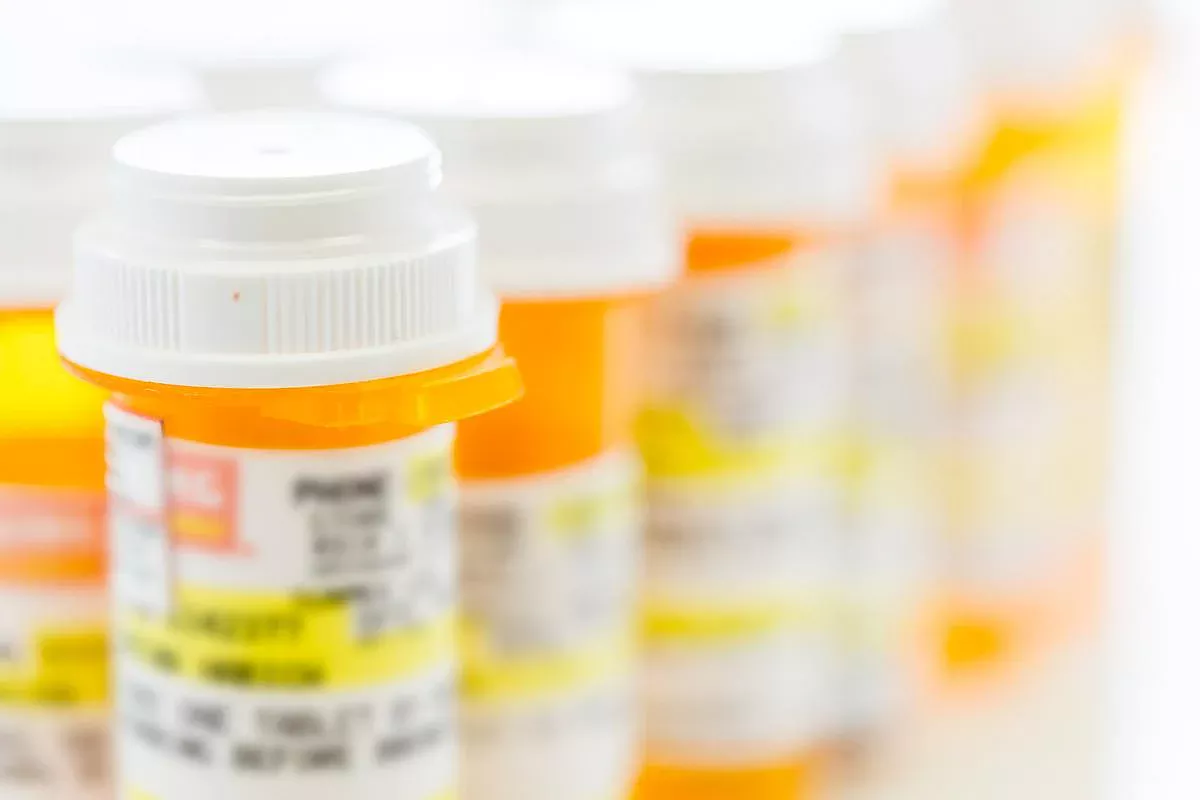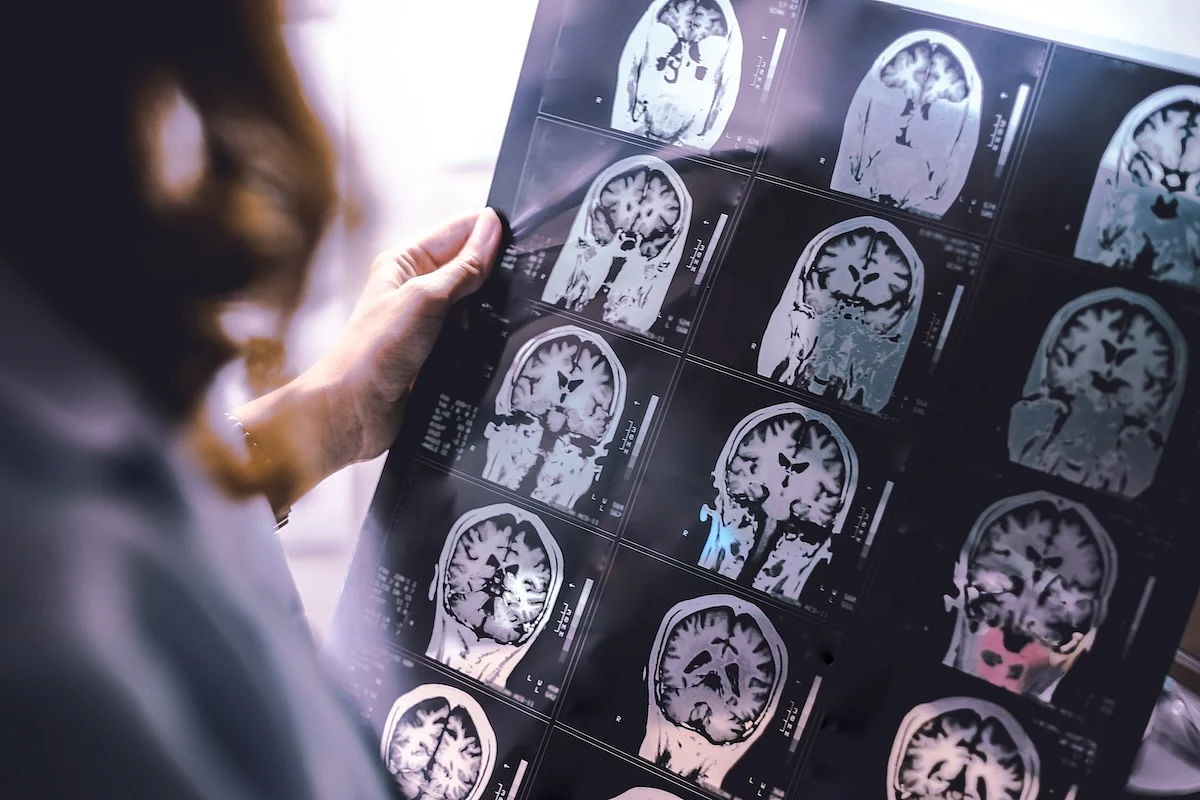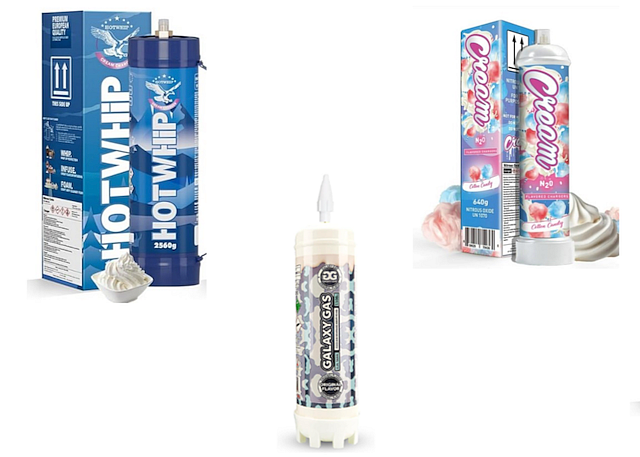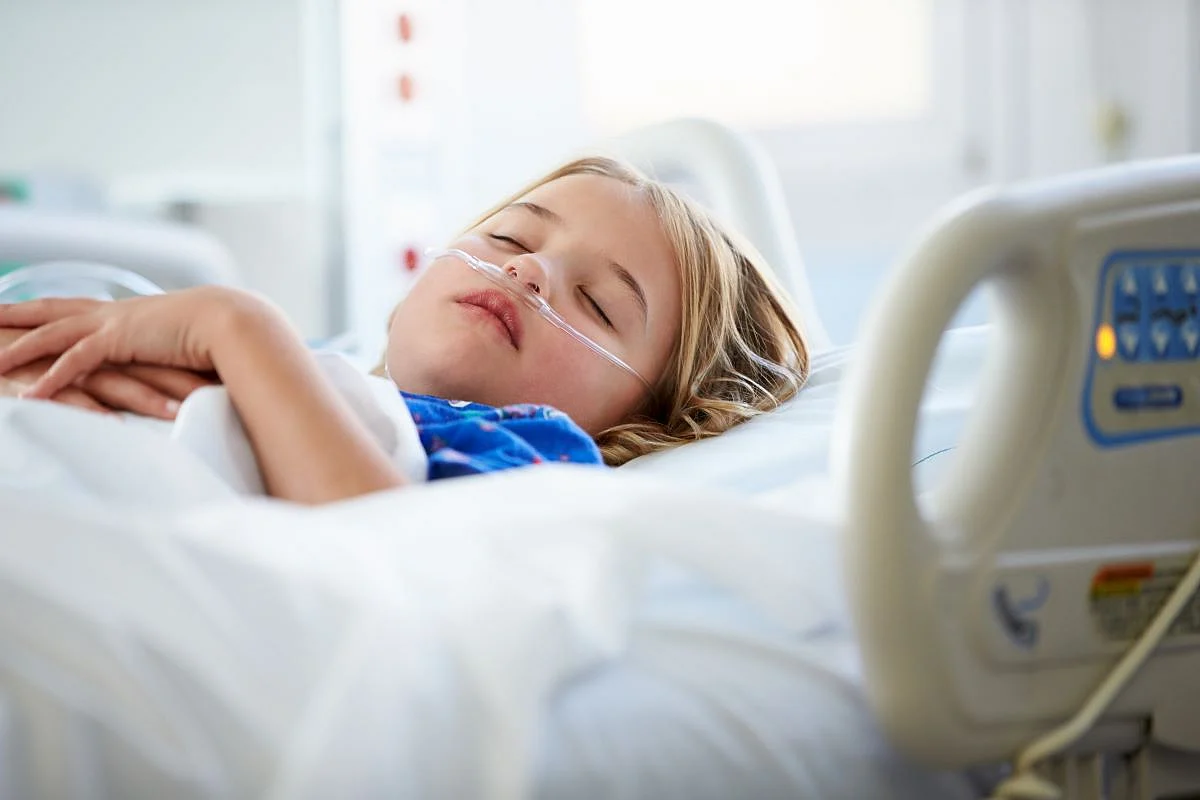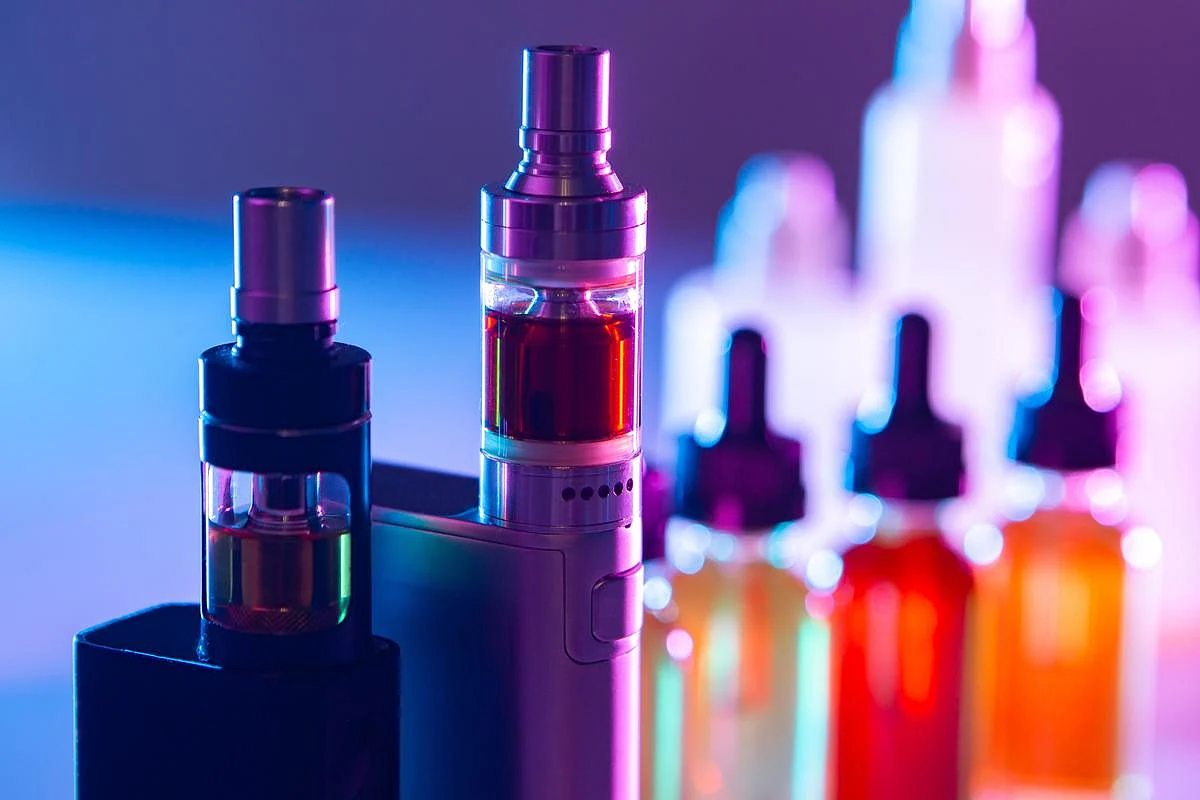
ChatGPT is likely to be hit-or-miss when it comes to figuring out symptoms for a particular illness, a new study says. The AI program has 49% to 61% accuracy when it comes to identifying symptoms associated with specific diseases, researchers reported recently in the journal iScience. This might have to do with how AIs like… read on > read on >










